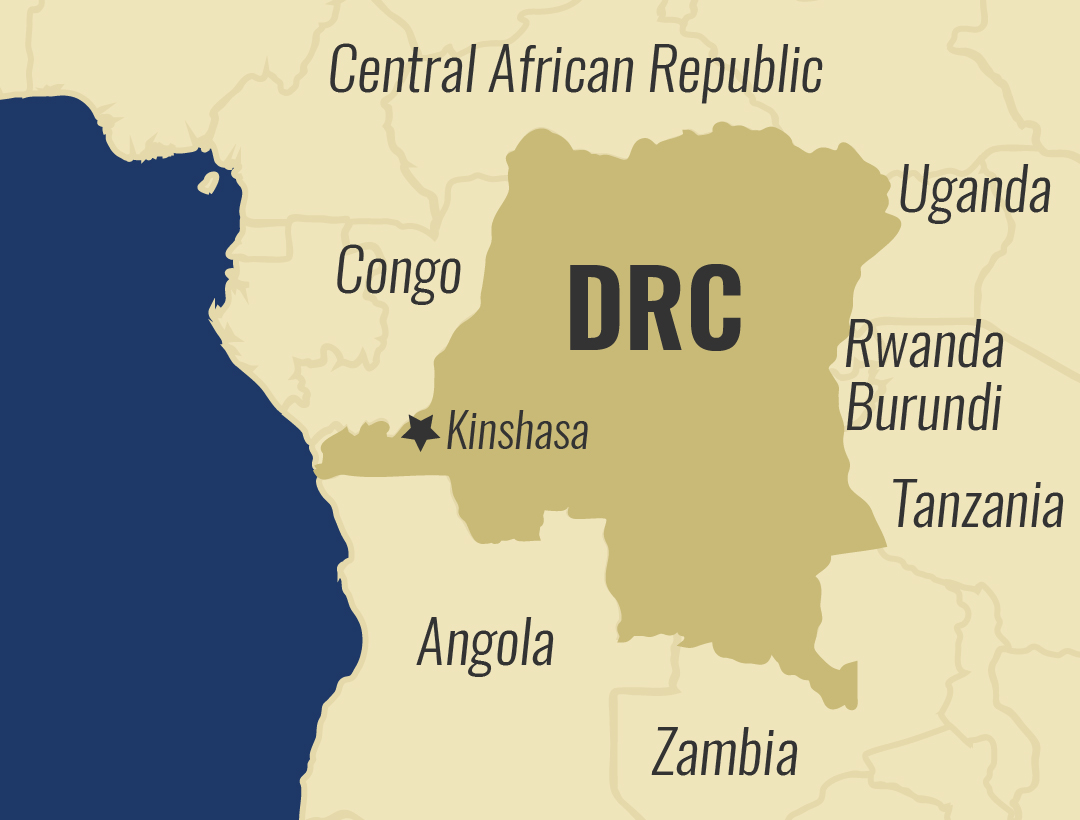Faces of Africa – Train hard, Fight Easy
The Kenya Wildlife Law Enforcement Academy is where game rangers go to learn how to preserve wildlife. The Academy which is located deep in the bush from the main road between Nairobi and Mombasa, is a place not for the faint hearted. From the moment of their arrival in the Academy, trainees are cut off from the comfort of their daily lives.

The training starts at four O’clock in the morning where the trainees do a 90-minute run. For 18 hours a day, they are under tight, nonstop training sessions.
“It’s a vigorous training being changed from a civilian to a ranger. You sleep 3 hours. Sleeping at midnight and waking up at 3am. Those are the challenges we faces as trainees,” tells Isaac Oyile, Warden II/Pilot, KWS.
The 3 month training is strenuous. They are taught combat skills mainly field crafts and manner tactics for instance patrols, armed combat, endurance skills, navigation skills and weapon handling. Field craft is very much emphasized by the instructors as crucial. It’s a crucial part of training whereby there’s an encounter with the enemy and every second counts for the survival of not only the animals but also of the ranger.
Hence they have to understand and do everything they are taught. “It’s a tough place to be and it’s good for everyone who comes here with a mission of conservation. You have to be trained tough so as to track bandits,” says Kenneth Muriithi, KWS Ranger Corporal.

Ivory and rhino horns are worth millions of dollars to those who look for ornaments hence, it’s a war against heavily armed poachers who work for criminal gangs around the world. Therefore, Kenya wildlife will be destroyed if nothing is done.
As for the women rangers they have to work extremely hard to match up with the men who they are trained with. Like men, they are expected to do very well and no exception is made.
“The training is tough because I’m with young guys some are the age of my sons. To me it’s tough but I like it,” tells 50 year old Caroline Gatheru, KWS senior sergeant.
Sometimes it’s not practical to use weapons so the rangers are taught the brutal intricacies of unarmed combat.

Tracking is another training they are taken through. This involves following the footsteps of a bandit ahead. Hence they walk many miles for many days without food or water. Their only source of sustenance is wild berries and plants good for human consumption.
Most of the trainees have grown up in the bush hence the skills they learn in the Academy is not something new to them.

“Some are nomads, they are used to staying in the bush and they have excellent tracking skills. When improved, they become very good,” tells Sirmon Kioko, Senior Instructor, KWS.
Apart from the strenuous training, the rangers practice music – most are professional musicians. They take their music band very serious. The band entertains the community during gatherings and in their parades. But more importantly music uplifts the trainees’ morale.

This group of paramilitary may not be very well equipped but they are dedicated. To them it’s not a job but a personal mission.
“We want to safeguard our flora and fauna and we are there to defeat them,” says Isaac Oyile, Warden II /Pilot, KWS.





